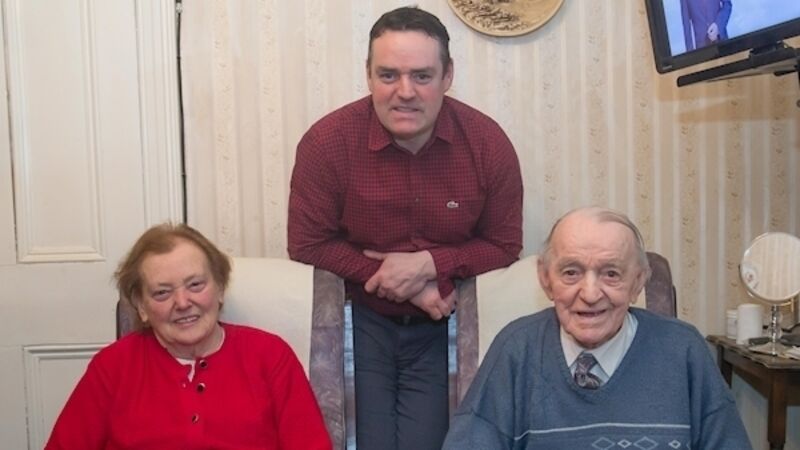‘He would get up from the television if Kilkenny pulled ahead of Tipperary’

“Look at those yokes there. They’re called footballs. Ye’ve a special knife for them in Kilkenny.”
Try from €1.50 / week
SUBSCRIBEJohnny Everard from Templetuohy is one of only two survivors from the Tipperary team that defeated Kilkenny in the 1950 All-Ireland and National League finals. Many members of the Everard clan have since hurled in blue and gold but the family tree has also branched into Kilkenny, meaning they have experienced every aspect of a fabled rivalry
“Look at those yokes there. They’re called footballs. Ye’ve a special knife for them in Kilkenny.”
Already a subscriber? Sign in
You have reached your article limit.
Annual €130 €80
Best value
Monthly €12€6 / month
Introductory offers for new customers. Annual billed once for first year. Renews at €130. Monthly initial discount (first 3 months) billed monthly, then €12 a month. Ts&Cs apply.
CONNECT WITH US TODAY
Be the first to know the latest news and updates
Newsletter
Latest news from the world of sport, along with the best in opinion from our outstanding team of sports writers. and reporters
Tuesday, February 10, 2026 - 9:00 PM
Wednesday, February 11, 2026 - 12:00 PM
Wednesday, February 11, 2026 - 1:00 PM
© Examiner Echo Group Limited